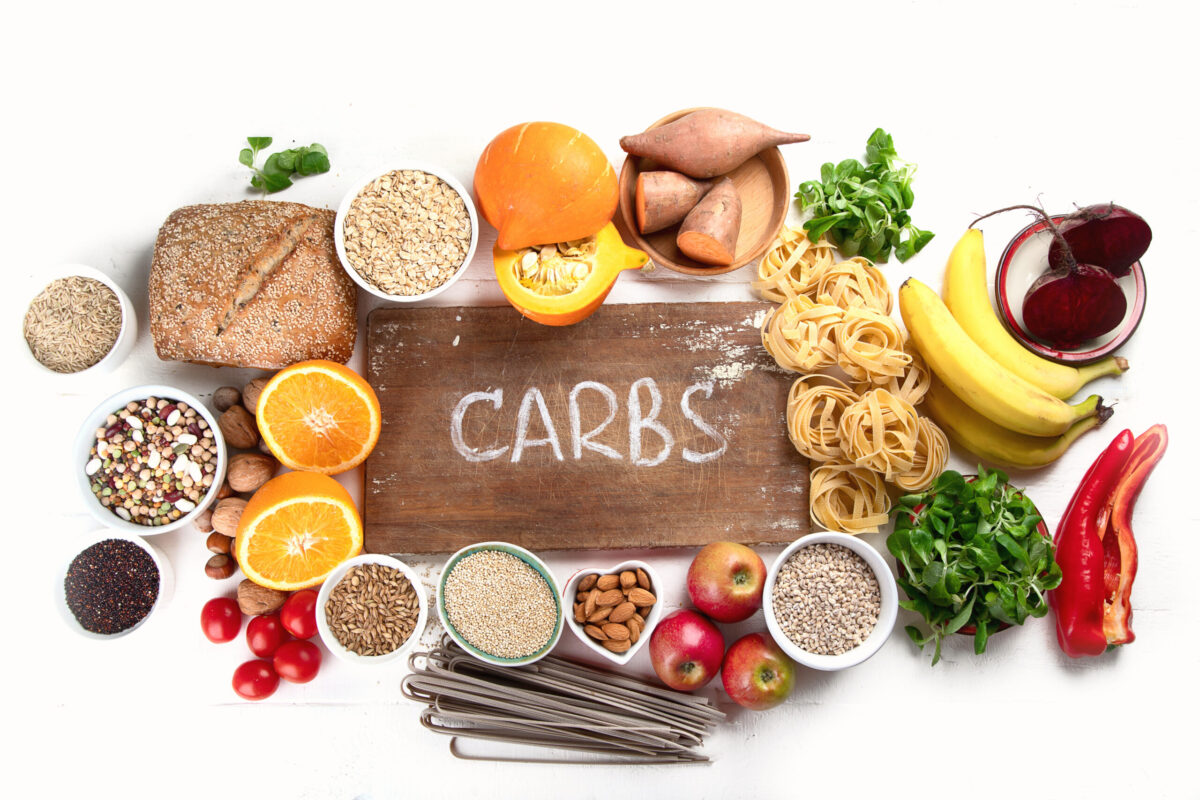Cutting back on carbs? Hold that thought. The elimination of carbohydrates or “carbs” is often touted as the key to losing weight. But carbohydrates are actually an important part of a healthy diet.
“Carbohydrates are not only your body’s main source of fuel, but certain kinds of carbs provide fiber that protects your body against disease and helps regulate your weight,” says Susan Thomas, a registered dietitian for BlueCross BlueShield of Tennessee.
What you need to know about carbs and diet
Susan Thomas: Don’t try to universally eliminate carbs from your diet. Just learn how they fit into a healthy diet. Here are some facts you need to know:
1. You need carbs. Despite the popularity of low-carb diets, the truth is that we need carbohydrates, every single day. When you eat foods containing carbs, your body breaks them down into sugars, or glucose, and they’re absorbed into your bloodstream, where they can enter your cells and be used for energy. The recommended daily allowance (RDA) of carbs for children and adults depends on a variety of factors, but generally is 130 grams of total carbohydrates per day. That is the amount the brain needs to function properly.
2. Not all carbs are healthy. There are three types of carbohydrate:
- Starches
- Fiber
- Sugar
Starches and fiber are complex carbohydrates. Sugar is a simple carbohydrate. It’s easy for your body to break down sugar. As a result, your blood sugar levels rise and drop quickly. Simple carbohydrates include sugar, sugary beverages, candy, syrups and products made with refined grains like white bread and white pasta. In general, these simple carbs offer little to no nutritional value.
3. Complex carbs are better for you than simple carbs. Complex carbohydrates, like fiber and starch, take longer to break down and be absorbed into your bloodstream. Peas, beans, vegetables, and whole grains are excellent sources of complex carbohydrates. They also provide vitamins, minerals, and fiber that you need. And, the fiber in foods like beans and whole grains can also help lower your cholesterol levels and help you feel fuller for a longer period of time. So, when you can, choose complex carbs over simple carbs.
4. You should eat fruit. Fiber-rich fruits like apples, berries, and bananas are a good source of complex carbohydrates. Berries like blueberries, strawberries, and raspberries also contain anthocyanin pigments that can help lower the risk of some kinds of cancer and heart disease. Please note: always choose whole fruit over fruit juice. Fruit juice likely includes added sugar and often doesn’t include the fiber that’s good for keeping your digestive system healthy.
5. Reducing your carb intake can help you lose weight. Some people do choose to reduce (or even eliminate) carbs from their diet with the goal of losing weight. And it can work, if they’re lowering their total daily caloric intake. However, keep in mind that carbs play an important role in healthy eating and provide energy. The Daily Guidelines for Americans recommends that carbs make up 45-65% of your total calorie intake every day.
6. Losing weight requires calorie cutting and physical activity. In general, if you eat more calories than you burn, you will gain weight. Weight loss requires cutting calories and getting more physical activity so you burn calories that have been stored in your body as fat. But it’s a little different for every person. Your doctor can help you develop a plan to lose weight that will make sure you still get all the nutrients that you need.
How to make good food choices
Susan Thomas: A good reference for meal planning and weight loss is the Dietary Guidelines for Americans 2020-2025. You can also talk to a nutritionist or your doctor to make sure you’re making healthy choices that meet your individual needs. For example, if you’re an athlete, you may need to eat even more carbs than the average person.
The bottom line is that your body needs carbohydrates for essential body functions and physical activity. You should focus on getting the right kind of carbs – like fruits, vegetables, and whole grains – into your diet.
Get more information about specific health terms, topics and conditions to better manage your health on bcbst.com. BlueCross BlueShield of Tennessee members can access wellness-related discounts on fitness products, gym memberships, healthy eating and more through Blue365®. BCBST members can also find tools and resources to help improve health and well-being by logging into BlueAccess and going to the Managing Your Health tab.





